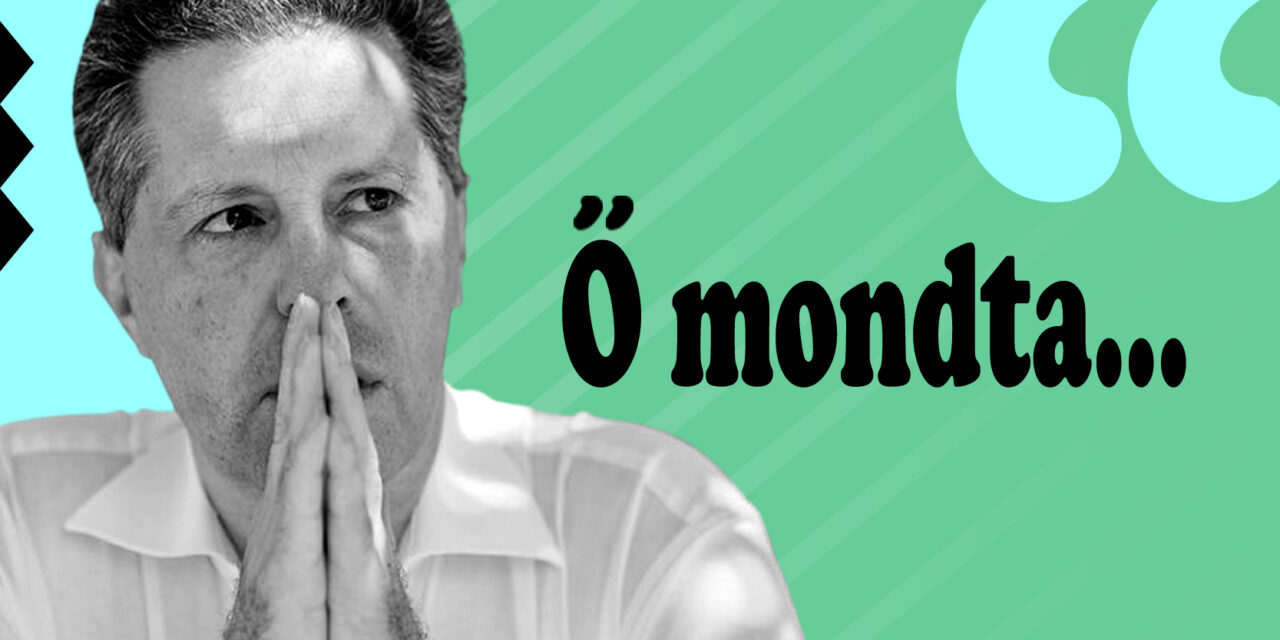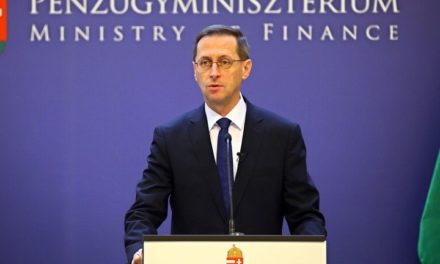The European Central Bank could easily appoint governors in Greece and Italy, who could occasionally give interesting lectures on democracy and the rule of law in the European Parliament, wrote András Schiffer in his Facebook post
It seems that Alexis Tsipras and ΣΥΡΙΖΑ suffered a historic defeat. The fate of the Greek radical left was sealed when the international financial markets and the European Central Bank, which serves them, ignored the will of the Greek people in two elections and a referendum in 2015 and forced the Tsipras government to implement the dictates of the financial market.
Greece was not bankrupted by Tsipras, but by the German banks and the clans of thieves perfectly suited to the European Commission - masked sometimes as socialists, sometimes as conservatives. The elite of the Union therefore took the trouble with the Tsiprases with good sense.
In contrast to the 2019 vote marking the end of the Tsipras era, before the current election, Brussels suspended the requirement that the budget deficit cannot be more than three percent: next year, the austerity will come again, until then the handouts can go on.
Today the clans rule again. More precisely: the leader of one clan, Mitsotakis, is now starting his second term, while the head of the other clan, Papandreu, ex-prime minister and certain party mate of Eva Kaili, remains in the opposition, but he is still the rapporteur of the completely unnecessary monitoring committee of the Parliamentary Assembly of the Council of Europe on democracy and the regarding the state of human rights in Hungary.
A similar fate awaits Giorgia Meloni as Tsiprasé.
Italy was flooded with debt in the wake of the global financial crisis. Here, in 2011, the financial markets parachuted in a director from Goldman Sachs to replace Berlusconi, and then under Giuseppe Conte, the promising MoVimento 5 Stelle-Lega coalition first collapsed, and then Conté, who enjoyed popular legitimacy, was anointed again by international money capital coming from the ECB. Replace him with Mario Draghi.
Although Meloni won an election, he is not his own master today, just as Tsipras was not after 2015.
It would be much cleaner to end the antics that lied to parliamentary democracy in the cradles of antiquity: the European Central Bank could easily appoint governors in both countries, who could occasionally give interesting lectures on democracy and the rule of law in the European Parliament.













